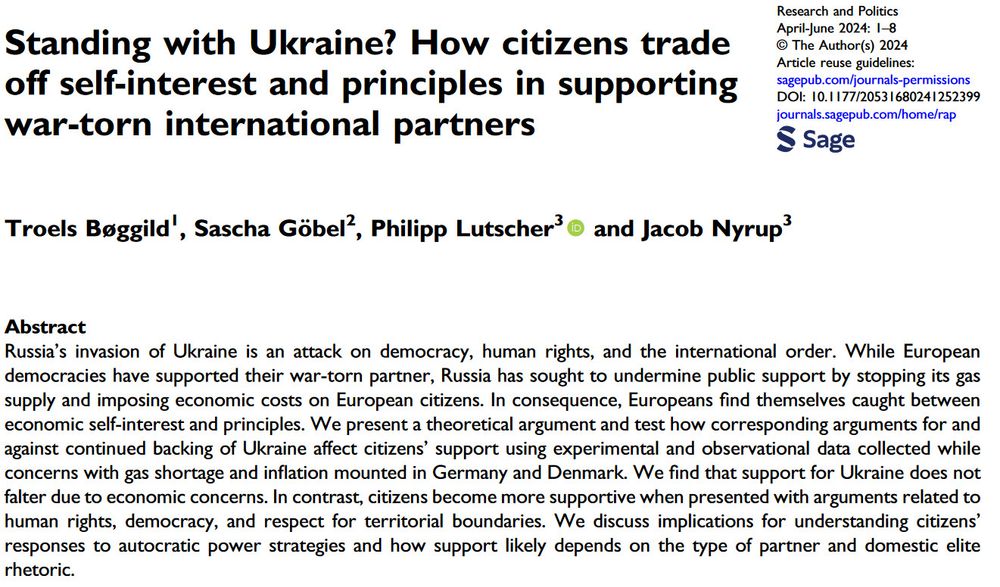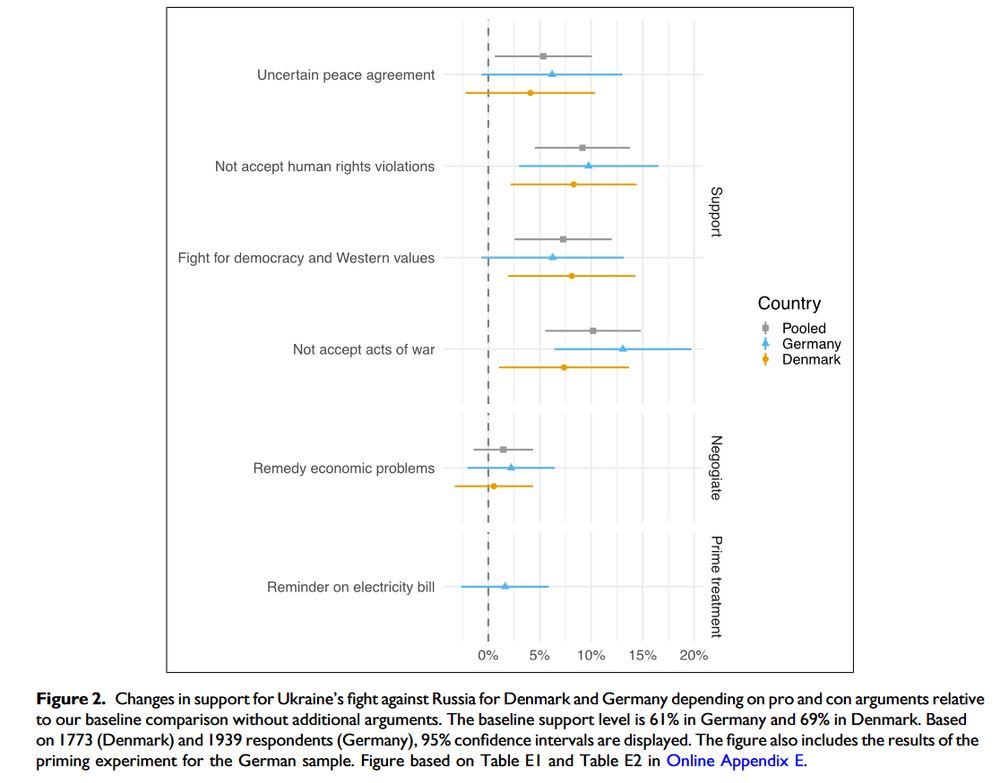Philipp Lutscher
@plutscher.bsky.social
1.1K followers
320 following
86 posts
Postdoctoral researcher @UniOslo & non-resident fellow @DigDemLab: technology, autocracies, contentious politics and quantitative methods (he/him; FirstGen); https://philipplutscher.net/
Posts
Media
Videos
Starter Packs
Reposted by Philipp Lutscher
Reposted by Philipp Lutscher
Alessandro Nai
@alessandronai.bsky.social
· May 14

Vacancy — PhD Position "Visual Politics and the Emergence of Angry Publics"
Are you curious about how images, videos, and memes transform political communication? Are you passionate about digital technology and the future of democracy? Then apply for this PhD project focused ...
werkenbij.uva.nl
Reposted by Philipp Lutscher
Philipp Lutscher
@plutscher.bsky.social
· Dec 13
Philipp Lutscher
@plutscher.bsky.social
· May 25
Information Politics and Propaganda in Authoritarian Societies | Annual Reviews
What role does propaganda play in the information politics of authoritarian societies, and what is its relationship to censorship? What have we learned from rival accounts in recent literature about w...
www.annualreviews.org
Reposted by Philipp Lutscher
Philipp Lutscher
@plutscher.bsky.social
· Feb 22
Philipp Lutscher
@plutscher.bsky.social
· Feb 21
Philipp Lutscher
@plutscher.bsky.social
· Feb 21
Philipp Lutscher
@plutscher.bsky.social
· Feb 21
Philipp Lutscher
@plutscher.bsky.social
· Feb 21
Philipp Lutscher
@plutscher.bsky.social
· Feb 21
Philipp Lutscher
@plutscher.bsky.social
· Feb 20
Philipp Lutscher
@plutscher.bsky.social
· Jan 27
Reposted by Philipp Lutscher









